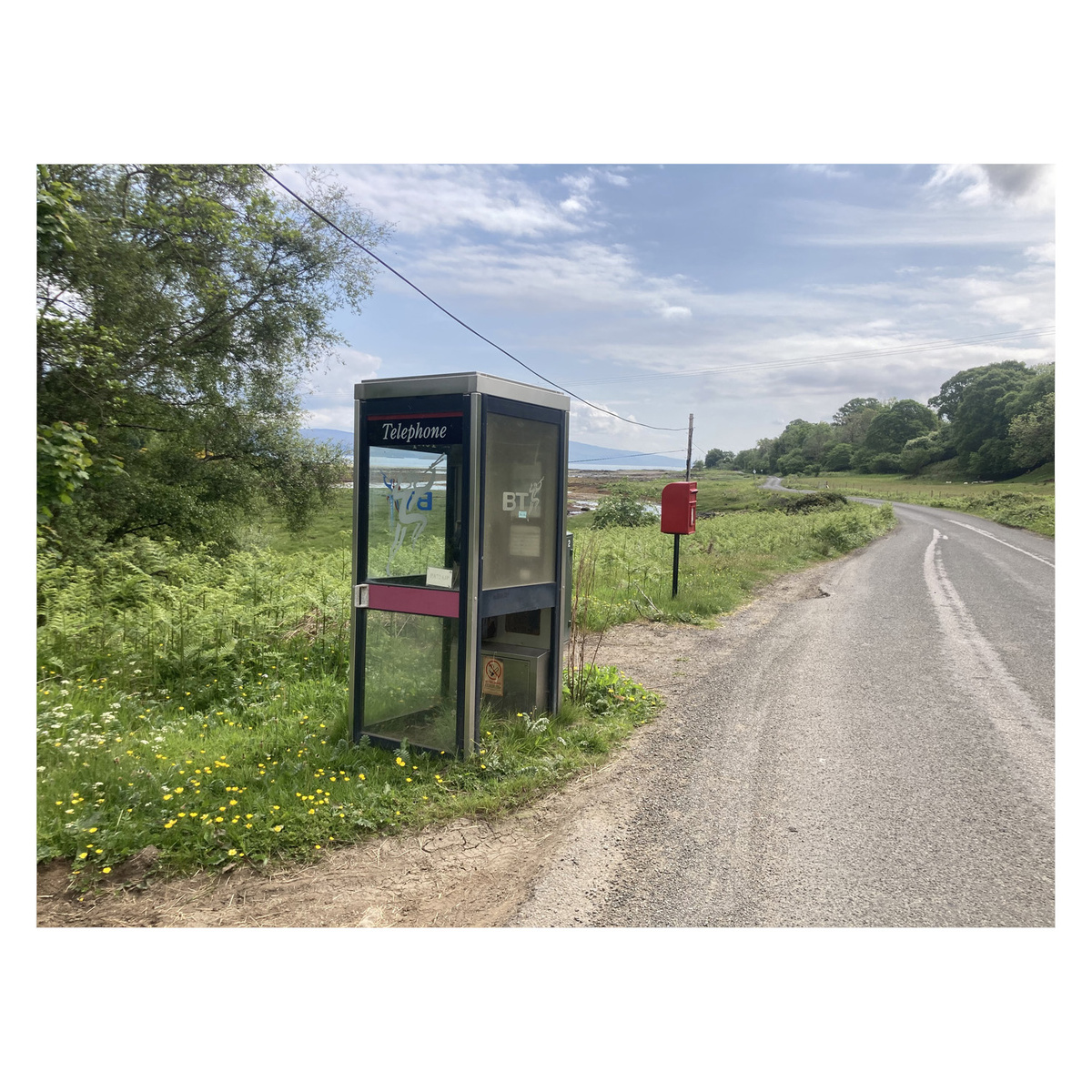
William Arnold: The Pragmatic Pioneer in Rhode Island’s Turbulent Dawn
In the annals of early American history, names like Roger Williams, John Winthrop, and William Bradford loom large, their legacies cemented in the founding narratives of the colonies. Yet, for every visionary leader or eloquent governor, there were dozens of pragmatic pioneers whose grit, determination, and often complex decisions laid the actual groundwork for these fledgling societies. One such figure, less celebrated but undeniably crucial, was William Arnold – a man whose life mirrored the turbulent, often contradictory, spirit of colonial New England. From his origins in rural England to his pivotal role in the founding of Providence and his later, controversial alliances, Arnold embodies the very essence of survival and adaptation in a raw, unforgiving land.
Born around 1587 in Ilchester, Somerset, England, William Arnold was a product of a time of immense religious and political upheaval. The early 17th century saw a growing tide of Puritan dissent against the Church of England, alongside economic pressures and a yearning for new opportunities. Like thousands of his contemporaries, Arnold, a yeoman farmer with a growing family, looked across the Atlantic to the burgeoning colonies of North America as a potential sanctuary and a chance for a better life. He was not a minister or a learned scholar, but a man of practical skills – a surveyor, a farmer, and someone capable of navigating the harsh realities of frontier life.
Arnold, along with his wife Christian Peak and their four children, joined the Great Migration, arriving in the Massachusetts Bay Colony in 1635. But the rigid religious conformity and political intolerance that quickly characterized the Puritan settlements soon proved incompatible with the varied aspirations of many newcomers. It was here that Arnold’s path intersected with that of Roger Williams, a radical theologian whose fervent advocacy for religious freedom and fair dealings with Native Americans put him at odds with the Massachusetts authorities. Williams, banished from Massachusetts in 1636 for his "new and dangerous opinions," sought to establish a new settlement where "soul liberty" would reign supreme.

William Arnold was among the handful of loyal followers who accompanied Williams into the wilderness. Together, they journeyed south, eventually purchasing land from the Narragansett sachems, Canonicus and Miantonomi, in what would become the settlement of Providence. This act of purchase, rather than seizure, was a foundational principle for Williams, and Arnold was one of the original twelve proprietors, signing the agreement that established the framework for this radical experiment in self-governance and religious tolerance.
"It was a wilderness, raw and untamed," wrote one historian, describing the early days of Providence. "These men, like Arnold, were not just building homes; they were building a new society from scratch, with no blueprints and constant threats from nature, disease, and the uncertain politics of both native tribes and rival colonies." Arnold’s skills as a surveyor and his experience in agriculture would have been invaluable in these formative years, helping to delineate property lines, clear land, and establish the basic infrastructure of a burgeoning community. His homestead, situated in what would become Pawtuxet, south of the main Providence settlement, placed him at the heart of future land disputes, a testament to his early and significant landholdings.
However, the idyllic vision of a harmonious, tolerant community quickly encountered the harsh realities of human nature and the complexities of colonial expansion. As Providence grew, so did internal disagreements, particularly concerning land ownership and governance. Roger Williams, while a visionary, was often more focused on spiritual matters than the mundane details of administration and law. This vacuum, combined with the inherent challenges of defining property rights in a wilderness, led to increasing friction.
It was during this period that William Arnold’s character truly came to the fore, revealing a pragmatism that sometimes clashed with Williams’s idealism. A significant point of contention arose with the arrival of Samuel Gorton, a charismatic but controversial figure whose radical religious and political views further destabilized the nascent Providence. Gorton’s defiance of the existing order and his provocative challenges to property rights alienated many, including Arnold.
The most defining and controversial decision of William Arnold’s life came in 1641. Faced with internal strife, external threats from neighboring colonies (particularly Massachusetts Bay, which viewed Providence as a haven for undesirables), and a desire for greater stability and legal clarity, Arnold, along with his son Stephen and other Pawtuxet settlers, made a startling move: they petitioned Plymouth Colony for protection and jurisdiction over their lands. This effectively placed a significant portion of the original Providence purchase under the authority of a rival Puritan colony, directly undermining Roger Williams’s efforts to maintain Providence’s independence and unique identity.
This decision was not taken lightly, nor was it without severe consequences for his relationship with Williams and the Providence community. From Williams’s perspective, it was a betrayal, a splintering of the fragile unity they had strived to build. From Arnold’s perspective, it was likely a pragmatic choice born of necessity. He may have viewed Plymouth as offering more stable governance, better protection, and clearer legal frameworks for land ownership – issues that were constantly vexing the loosely organized Providence. The historical record suggests Arnold was concerned about his property rights and the lack of a strong, unified government in Providence.
"Arnold’s alliance with Plymouth was a stark illustration of the competing interests at play in early colonial America," notes historian Patrick T. Conley. "While Williams championed liberty of conscience, Arnold prioritized stability and the protection of his family’s landholdings, even if it meant aligning with a more rigid authority."
For nearly two decades, Arnold and his Pawtuxet neighbors remained under Plymouth’s jurisdiction, creating a bizarre political fragmentation within what was ostensibly Rhode Island. This situation was eventually resolved in 1658, when the General Assembly of Providence and Warwick (the combined Rhode Island colony) reasserted its authority over Pawtuxet, but not without considerable negotiation and lingering resentment.

Despite these political maneuverings, William Arnold continued to be a significant figure in the region. His family thrived, becoming one of the most prominent in Rhode Island. His son, Stephen Arnold, served in various capacities within the colony’s government, including as an Assistant, demonstrating the family’s enduring influence.
Arnold’s later years were marked by the continuing challenges of colonial life, including the ever-present threat of conflict with Native American tribes. During King Philip’s War (1675-1676), a devastating conflict that engulfed much of New England, his son Stephen’s home was burned by Native American forces. The Arnold family, like many others, was forced to take refuge on Aquidneck Island (Newport) for a period, highlighting the enduring dangers faced by even the most established settlers. William Arnold himself, by this point in his late eighties, survived the war, a testament to his resilience. He passed away in 1676, likely at a very advanced age for the time.
William Arnold’s legacy is complex, much like the man himself. He was a founder, an original proprietor of a colony built on radical ideals of religious freedom. Yet, he was also a man who, when faced with uncertainty and perceived threats to his interests, was willing to make alliances that challenged those very ideals. He was not a hero in the traditional sense, but a survivor, a pragmatist whose decisions, both celebrated and criticized, profoundly shaped the early development of Rhode Island.
His story serves as a crucial reminder that the founding of America was not a monolithic endeavor driven by a single vision. It was a messy, often contentious process, involving individuals with diverse motivations, fears, and aspirations. William Arnold represents the practical backbone of colonial expansion – the yeoman farmer, the landholder, the family man who sought stability and security in a volatile world. His journey from an English village to the untamed wilderness of New England, his partnership with Roger Williams, and his later, controversial choices, offer a fascinating glimpse into the human cost and complexity of building a nation from scratch. He may not have been a visionary like Williams, but he was undeniably one of the essential architects, whose hands-on efforts and pragmatic spirit helped lay the enduring foundations of Rhode Island.


